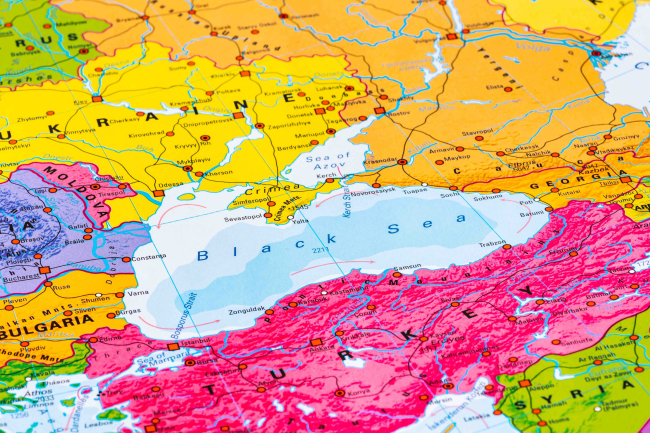Electricity Supply in the Baltic Region after the Phasing out of Ignalina NPP

Practical information
Dans le cadre de l'Ifri Energy Breakfast Roundtable, un séminaire avec Maksim Kozlov, Head of Baltic NPP Project, Interrao UES, Wladyslaw Mielczarski, European Coordinator for the Northern European Power Link, Professor in Power Engineering, Technical University of Lodz, Poland, Zygimantas Vaiciunas, Head of Strategic Planning Division, Ministry for Energy of the Republic of Lithuania, Monica Eordoghne Zsigri, Policy Coodinator, Energy Policy & Security Supply, DG Tren, European Commission.
The last working reactor of the Ignalina power plant, which had two 1 500 MW reactors of the Chernobyl RBMK type, will be closed down by the end of 2009, in compliance with the EU accession treaty of Lithuania. The Baltic States, Belarus, the Kaliningrad territory and also Russia have been supplied with electricity from Ignalina ever since 1984. Ignalina hence was at the centre of the regions's electricity supply.
One should note in this context that the EU member states Lithuania, Latvia and Estonia have never been electrically synchronized with the Western UCTE or the Scandinavian Nordel - they still remain in the Eastern electricity system IPS/UPS.
What are the supply scenarios after the phasing out ? Two projects are the most prominent in today's debate : a new reactor in the Russian Kaliningrad enclave, and a new reactor in Visaginas, next to Ignalina, built by Lithuania, Latvia, Estonia and Poland. Both of them want to dominate the regional electricity market after the closure of Ignalina, but the Russian project also focusses on the Western market, via for example a DC link from Russia to Germany through the Baltic Sea.
Moreover, Poland plans to build nuclear reactors on its own.
This Ifri Energy Breakfast gathers experts on the issue and will identify the most likely options as well as their impact on regional geopolitics and energy supply.
Other events

Affirming European Security in Ukraine and the Black Sea Region
European security has been challenged in 2022 with the full-fledged invasion of Ukraine by the Russian Federation.

Post-war Europe: How to Redefine a Security Architecture Within a New Transatlantic Framework?
A new European security architecture has to be built. The question is: will this happen with or without Europe? The US President, Donald Trump, who returned to the White House a little more than two months ago, and the President of the Russian Federation, Vladimir Putin, have initiated talks to put an end to the war in Ukraine, with the possibility of Ukraine ceding territory to Russia being raised.

Doing Politics in African Cities: Actors, Causes and Forms of Urban Social Mobilization
From Maputo to Nairobi and from Lagos to Dakar: recently, African cities have been the theatre of mobilizations by groups of young protesters.








